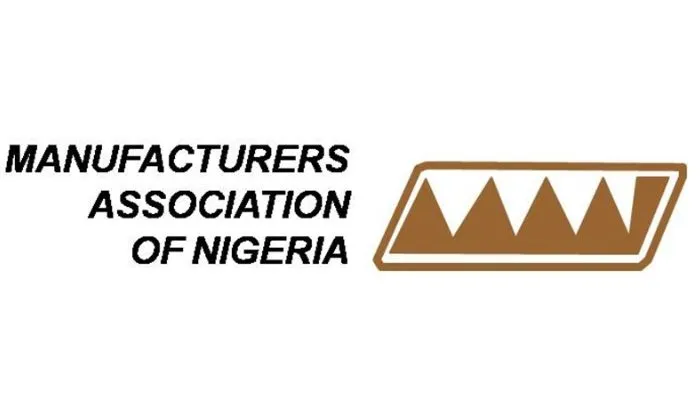Manufacturers Association of Nigeria (MAN) said that underperformance of the manufacturing sector to the nation’s GDP underscored the harsh effect of hostile economic policies which have largely constrained the country’s goal of rapid industrialisation.
Nigeria’s economy recorded a significant improvement in the third quarter of 2024, with a growth rate of 3.46 per cent compared to 2.54 per cent in the same period of 2023 and 3.19 per cent in the previous quarter. The National Bureau of Statistics attributed this growth primarily to the performance of the Services sector.
Speaking on the position of the Association on the GDP report, the director-general of MAN, Segun Ajayi-Kadir stated that “unfortunately, the Nigerian government has been characterised by its passive response towards the countless challenges battling the Manufacturing Sector.”
He noted that “the service sub-sectors dominate the composition of the country’s GDP and its pattern of growth. This poses a significant drawback for the industrialisation agenda.
According to him, as the services sector continually booms at the detriment of employment and production in the manufacturing sector, the economy is set to fail in its aspirations of reducing forex demand pressures, promoting value addition, generating mass employment, increasing export earnings, driving industrial-led growth, and ensuring sustainable development.
“By implication, achieving a $1 trillion economy by 2026 is apparently difficult, as the growth rate clearly falls short of the six per cent average targeted by the present administration.”
Ajayi-Kadir noted that “this is further evidenced by the significant drop in nominal growth from 36.59 percent to 32.97 per cent year-on-year, driven by high inflationary pressure and the exit of major multinational manufacturing companies. It is evident that inflation has been a significant factor in undermining the growth of the manufacturing sector, as the sector has been particularly vulnerable to the unstable macroeconomic environment, exacerbated by recent economic reforms.”
MAN DG added that “agriculture plays a crucial role in fueling the growth of the manufacturing sector by ensuring a steady supply of affordable local raw materials. However, both the Agricultural and Manufacturing sectors failed to rank among the top five growing sectors during this period, primarily due to security challenges in farming areas and their subsequent negative impact on agro-allied industries.”
He explained that “given the prevalence of high unemployment and poverty, a double-digit GDP growth rate is necessary to achieve inclusive growth that benefits all segments of society.”
To address these challenges and unlock the potential of the manufacturing sector, MAN recommended the government to create special windows for providing single-digit interest rates to productive sectors and relax stringent conditions for SMEs to access funding; recapitalise the Bank of Industry (BOI) to meet the growing credit demand of industries; retain the current excise duty of N10 per liter on non-alcoholic beverages to avoid shutting down the industry; direct the Central Bank of Nigeria to clear $2.4 billion outstanding dollar obligations on FX forward contracts to support manufacturers; among others.





